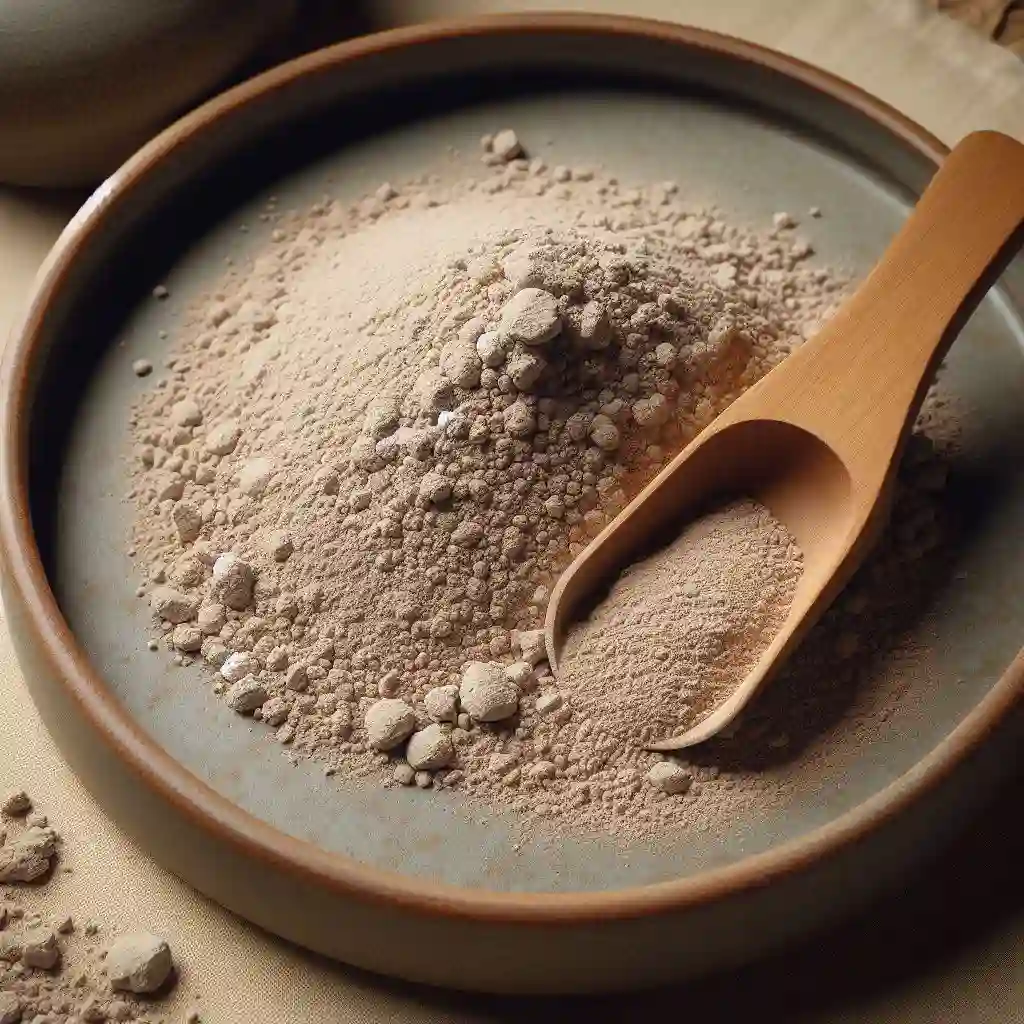Makko Powder Substitutes: 12 Alternatives for Your Recipes
Are you looking for Makko Powder substitutes to use in your recipes? Makko Powder is a traditional ingredient commonly used in Japanese cuisine for its binding and stabilizing properties. However, if you find yourself without Makko Powder or simply want to explore other options, we have you covered.
In this blog post, we will discuss 12 alternatives that you can use in place of Makko Powder in your recipes. Whether you are looking for a gluten-free binder, a vegan gelatin, or a thickening agent, there is a substitute for every need. Let’s dive in and explore these Makko Powder substitutes together.
Makko Powder Substitutes Quick Guide
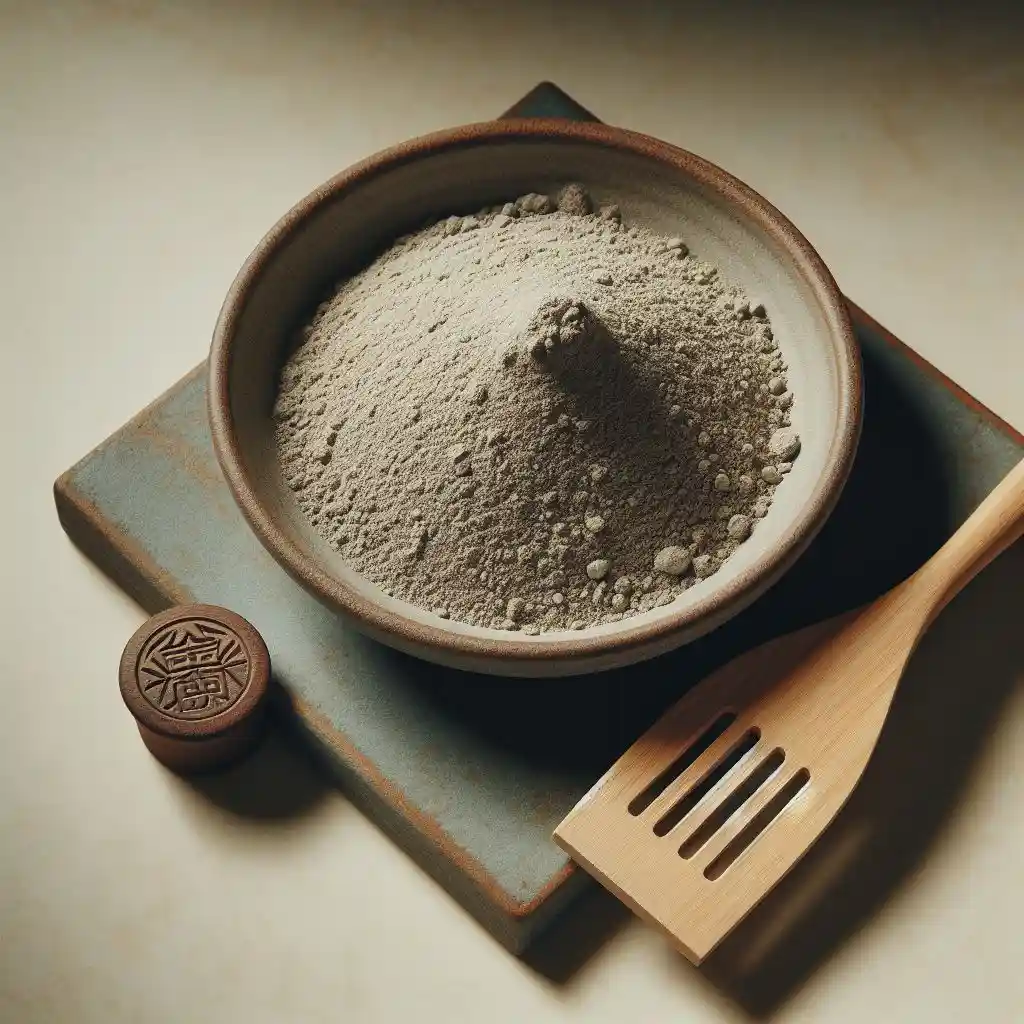
What is Makko Powder?
Makko powder, also known as Matcha powder, is a finely ground green tea powder made from the leaves of the Camellia sinensis plant. It is commonly used in Japanese cuisine and is known for its bright green color and rich, slightly bitter flavor.
Why Look for Substitutes?
You may be looking for Makko powder substitutes for several reasons:
- Availability: Makko powder may not be readily available in your area or online.
- Cost: Makko powder can be expensive, and you may be looking for a more affordable alternative.
- Taste preferences: You may not like the taste of Makko powder or prefer a different flavor profile.
- Dietary restrictions: You may be looking for a substitute that is gluten-free, vegan, or suitable for other dietary restrictions.
Makko Powder Substitutes
Here are some popular substitutes for Makko powder:
- Sencha Powder: A Japanese green tea powder that is similar to Makko powder but has a lighter flavor.
- Gyokuro Powder: A high-quality Japanese green tea powder that is more expensive than Makko powder but has a richer flavor.
- Pi Lo Chun Powder: A Chinese green tea powder that is known for its delicate flavor and floral aroma.
- Dragon Well Powder: A Chinese green tea powder that is known for its delicate flavor and floral aroma.
- Green Tea Extract: A concentrated green tea extract that can be used as a substitute for Makko powder in recipes.
DIY Makko Powder Substitutes
If you can’t find Makko powder or prefer to make your own substitute, here are some DIY options:
- Green Tea Leaves: You can grind green tea leaves into a fine powder using a spice grinder or mortar and pestle.
- Matcha-Style Powder: You can make a matcha-style powder by grinding green tea leaves with a small amount of sugar and salt.
Tips for Using Makko Powder Substitutes
- Start with a small amount: When using a substitute, start with a small amount and adjust to taste.
- Combine with other ingredients: Experiment with combining substitutes with other ingredients, such as sugar, salt, and spices, to create a custom flavor profile.
- Adjust the ratio: Adjust the ratio of substitute to other ingredients to achieve the desired flavor and texture.
- Store substitutes properly: Store substitutes in an airtight container in a cool, dry place to preserve flavor and aroma.
Makko powder substitutes can be a great way to add flavor and nutrition to your recipes. Whether you choose a store-bought option or make your own DIY substitute, remember to experiment with ratios and combinations to find the perfect flavor for your taste buds.
12 Alternatives for Makko Powder
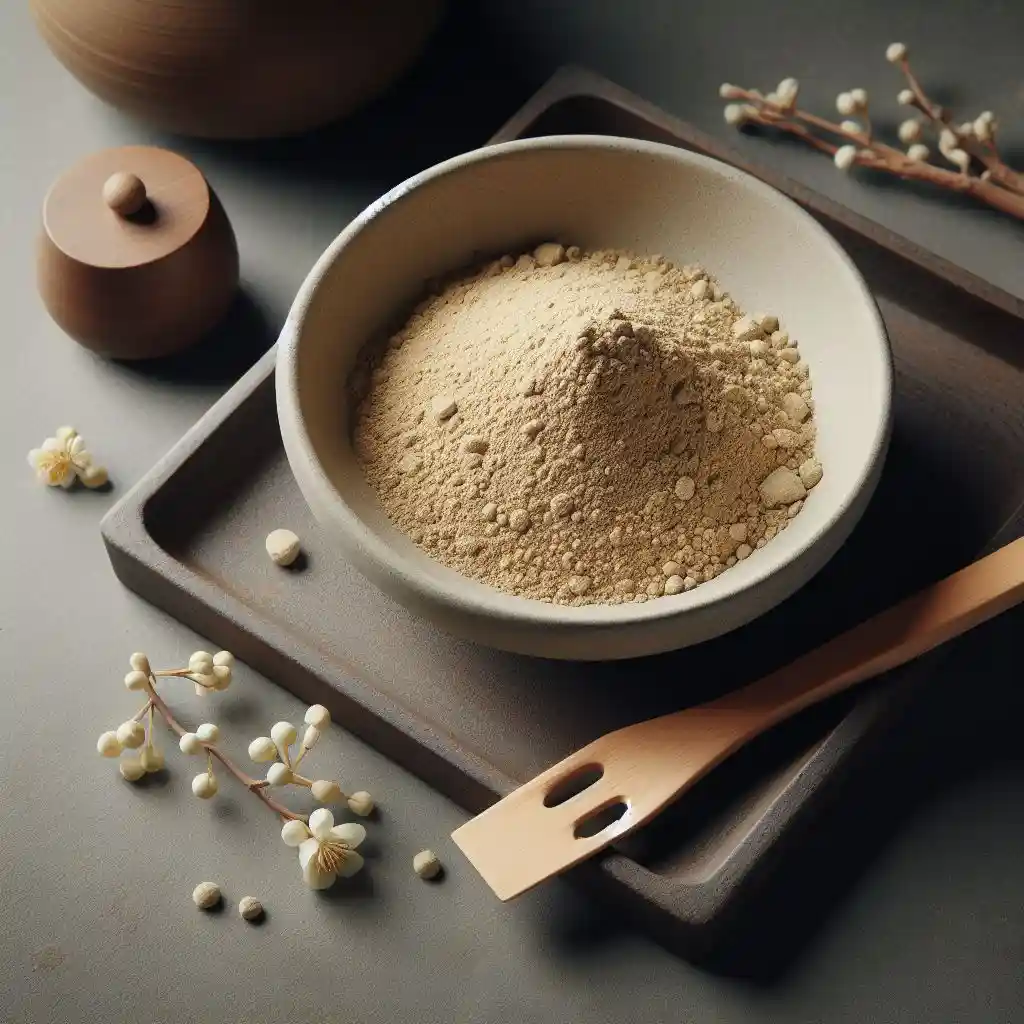
Here are 12 makko powder substitutes you can use in your recipes:
- Cornstarch: One of the most common substitutes for makko powder, cornstarch is a popular thickening agent used in many recipes. Use it in a 1:1 ratio.
- Tapioca starch: Another popular thickening agent, tapioca starch can be used as a 1:1 substitute for makko powder.
- Potato starch: Similar to cornstarch, potato starch is a great thickening agent that can be used as a substitute for makko powder. Use it in a 1:1 ratio.
- Arrowroot powder: While it has a slightly sweet flavor, arrowroot powder can be used as a thickening agent in many recipes. Use it in a 1:1 ratio.
- Rice flour: While not a direct substitute, rice flour can be used as a thickening agent in some recipes. Mix it with a small amount of water to create a slurry before adding it to your dish.
- Wheat flour: Similar to rice flour, wheat flour can be used as a thickening agent in some recipes. Mix it with a small amount of water to create a slurry before adding it to your dish.
- Kuzu powder: A starch powder made from the root of the kuzu plant, kuzu powder can be used as a thickening agent in many recipes. Use it in a 1:1 ratio.
- Tofu: In some recipes, extra-firm tofu can be used as a thickening agent. Simply blend it with a small amount of water to create a slurry before adding it to your dish.
- Oat flour: While not a direct substitute, oat flour can be used as a thickening agent in some recipes. Mix it with a small amount of water to create a slurry before adding it to your dish.
- Barley flour: Similar to oat flour, barley flour can be used as a thickening agent in some recipes. Mix it with a small amount of water to create a slurry before adding it to your dish.
- Sago starch: A type of starch extracted from the pith of the sago palm, sago starch can be used as a thickening agent in many recipes. Use it in a 1:1 ratio.
- Water chestnut flour: A type of flour made from dried water chestnuts, water chestnut flour can be used as a thickening agent in some recipes. Mix it with a small amount of water to create a slurry before adding it to your dish.
Here is the list of 12 makko powder substitutes:
| Substitute | Ratio | Notes |
|---|---|---|
| Cornstarch | 1:1 | Popular thickening agent, use in same ratio as makko powder |
| Tapioca starch | 1:1 | Similar to cornstarch, use in same ratio as makko powder |
| Potato starch | 1:1 | Similar to cornstarch, use in same ratio as makko powder |
| Arrowroot powder | 1:1 | Slightly sweet flavor, use in same ratio as makko powder |
| Rice flour | Varies | Mix with water to create slurry, then add to dish |
| Wheat flour | Varies | Mix with water to create slurry, then add to dish |
| Kuzu powder | 1:1 | Starch powder made from kuzu root, use in same ratio as makko powder |
| Tofu | Varies | Blend with water to create slurry, then add to dish |
| Oat flour | Varies | Mix with water to create slurry, then add to dish |
| Barley flour | Varies | Mix with water to create slurry, then add to dish |
| Sago starch | 1:1 | Starch extracted from sago palm, use in same ratio as makko powder |
| Water chestnut flour | Varies | Mix with water to create slurry, then add to dish |
Note: The “Ratio” column indicates the substitution ratio for each substitute. A “1:1” ratio means you can use the substitute in the same amount called for in the recipe. The “Varies” notation indicates that the ratio may vary depending on the specific recipe and desired consistency.
1. Cornstarch: A Common Thickening Agent
Recipe: Cornstarch Thickened Sauce
Ingredients:
- 2 tablespoons cornstarch
- 2 tablespoons water
- 1 cup chicken or vegetable broth
- 1 tablespoon soy sauce (optional)
Instructions:
- In a small bowl, whisk together cornstarch and water until smooth.
- Add the cornstarch mixture to the broth and soy sauce (if using) in a saucepan.
- Whisk constantly over medium heat until the mixture thickens.
- Remove from heat and use as desired.
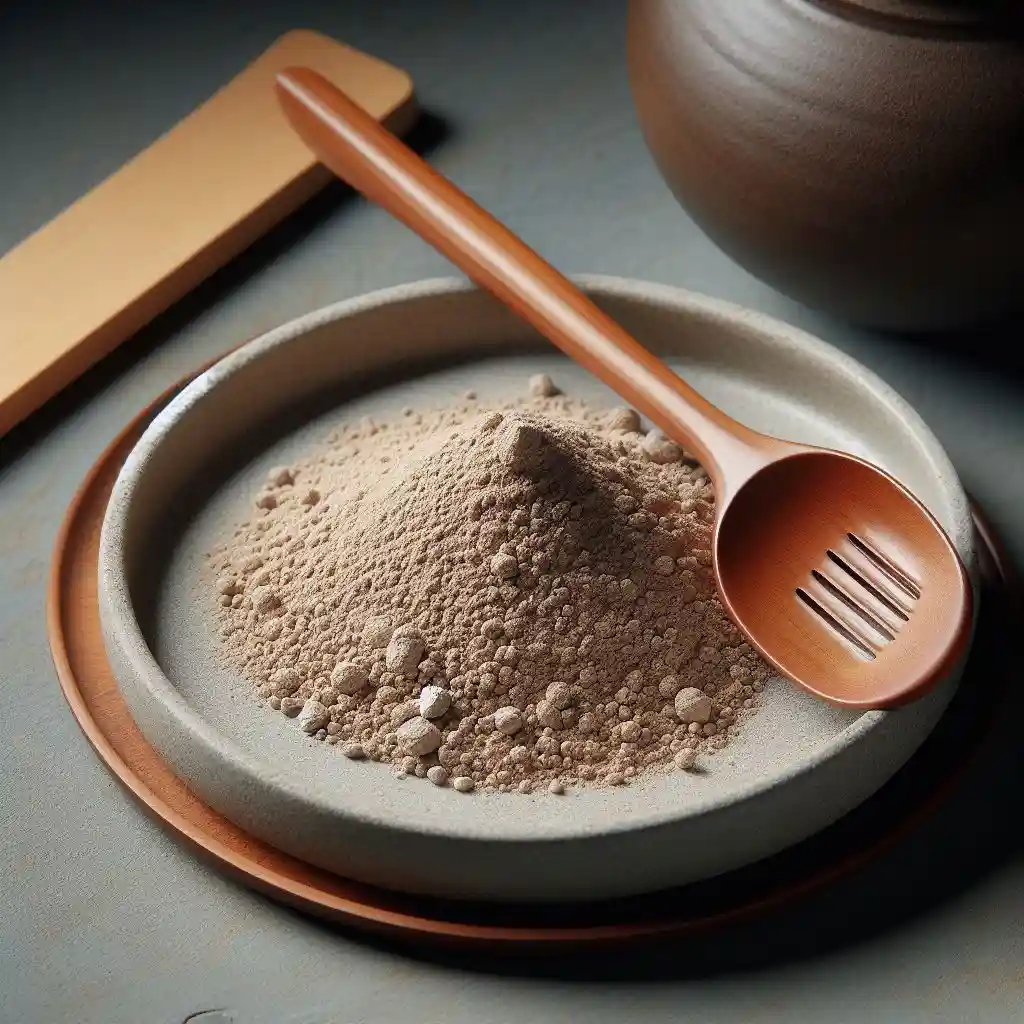
2. Tapioca Starch: A Gluten-Free Alternative
Recipe: Tapioca Thickened Pudding
Ingredients:
- 2 tablespoons tapioca starch
- 2 cups milk
- 1/4 cup sugar
- 1/4 teaspoon salt
- 1/2 teaspoon vanilla extract
Instructions:
- In a medium saucepan, whisk together tapioca starch, milk, sugar, and salt.
- Cook over medium heat, whisking constantly, until the mixture thickens.
- Remove from heat and stir in vanilla extract.
- Pour into individual cups and refrigerate until chilled.
3. Potato Starch: A Starchy Substitute
Recipe: Potato Starch Thickened Gravy
Ingredients:
- 2 tablespoons potato starch
- 2 tablespoons all-purpose flour
- 2 cups beef broth
- 1 tablespoon butter
Instructions:
- In a small bowl, whisk together potato starch and flour.
- Add the starch mixture to the broth in a saucepan, whisking constantly.
- Bring to a boil, then reduce heat and simmer until thickened.
- Stir in butter until melted.
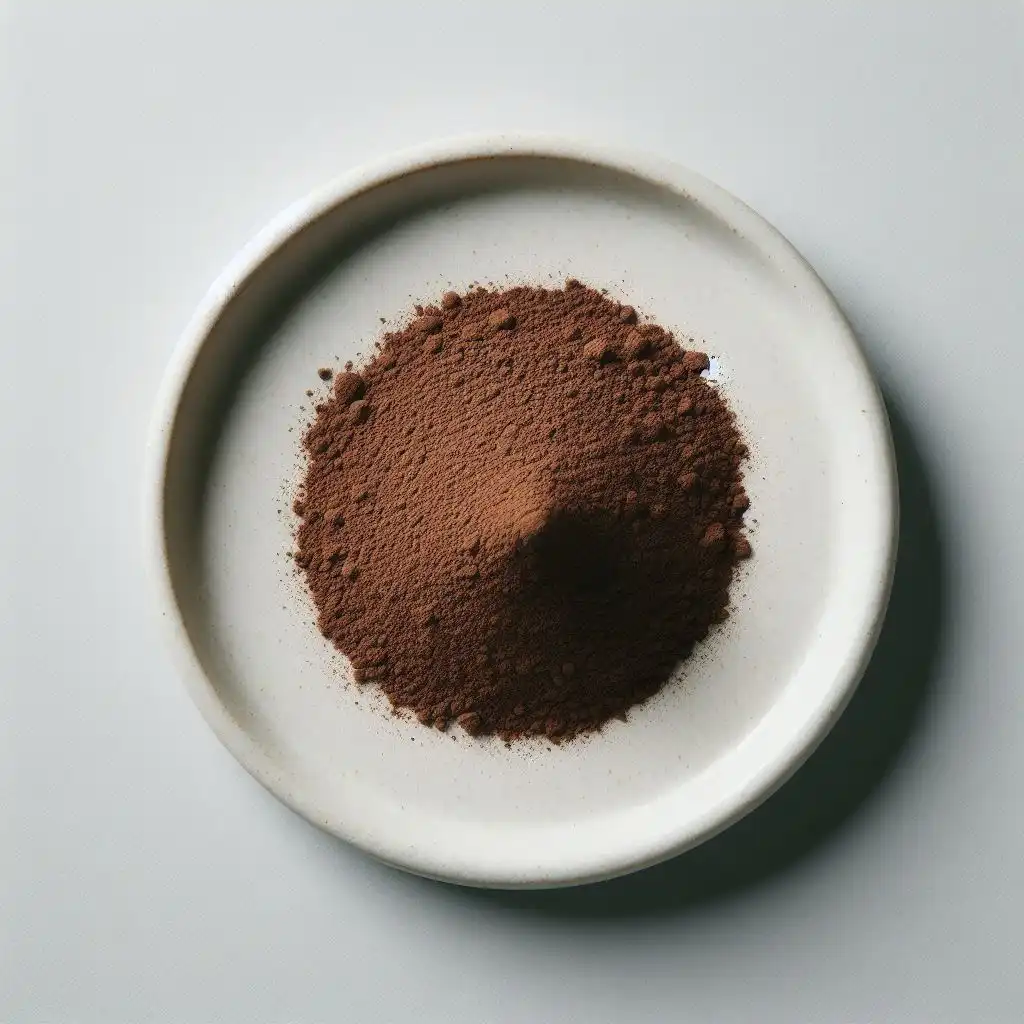
4. Arrowroot Powder: A Sweet and Starchy Option
Recipe: Arrowroot Thickened Custard
Ingredients:
- 2 tablespoons arrowroot powder
- 2 cups milk
- 1/4 cup sugar
- 1/4 teaspoon salt
- 1/2 teaspoon vanilla extract
Instructions:
- In a medium saucepan, whisk together arrowroot powder, milk, sugar, and salt.
- Cook over medium heat, whisking constantly, until the mixture thickens.
- Remove from heat and stir in vanilla extract.
- Pour into individual cups and refrigerate until chilled.
5. Rice Flour: A Gluten-Free Thickening Agent
Recipe: Rice Flour Thickened Soup
Ingredients:
- 2 tablespoons rice flour
- 2 cups chicken or vegetable broth
- 1 tablespoon butter
- Salt and pepper to taste
Instructions:
- In a small bowl, whisk together rice flour and a small amount of broth until smooth.
- Add the flour mixture to the remaining broth in a saucepan, whisking constantly.
- Bring to a boil, then reduce heat and simmer until thickened.
- Stir in butter until melted. Season with salt and pepper to taste.
6. Wheat Flour: A Traditional Thickening Agent
Recipe: Wheat Flour Thickened Roux
Ingredients:
- 2 tablespoons wheat flour
- 2 tablespoons butter
- 1 cup chicken or vegetable broth
Instructions:
- In a small saucepan, melt butter over medium heat.
- Add wheat flour and whisk until smooth, cooking for 1-2 minutes.
- Gradually add broth, whisking constantly, until thickened.
- Use as a thickening agent in soups or sauces.
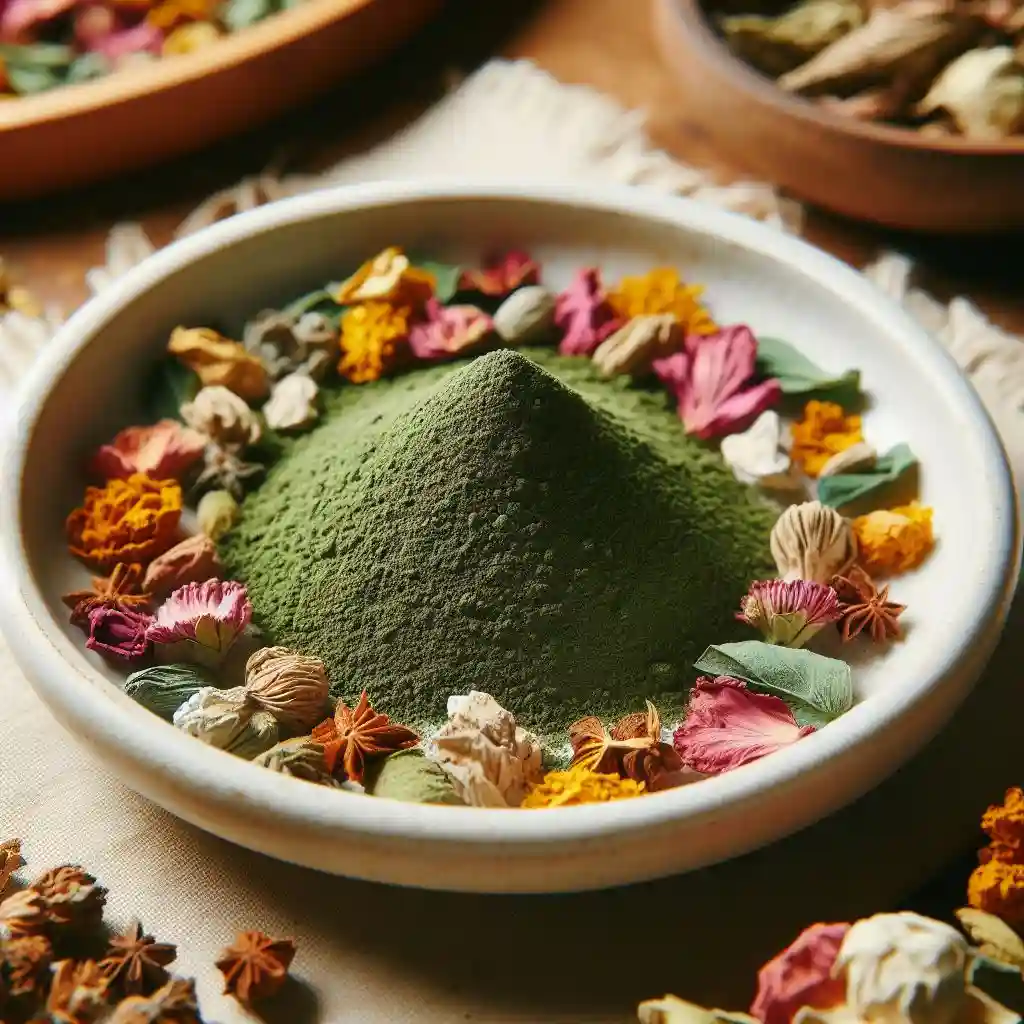
7. Kuzu Powder: A Japanese Starch Powder
Recipe: Kuzu Thickened Sauce
Ingredients:
- 2 tablespoons kuzu powder
- 2 cups water
- 1 tablespoon soy sauce (optional)
Instructions:
- In a small bowl, whisk together kuzu powder and water until smooth.
- Add the kuzu mixture to a saucepan and whisk constantly over medium heat until thickened.
- Remove from heat and stir in soy sauce (if using).
- Use as a thickening agent in sauces or soups.
8. Tofu: A Protein-Rich Thickening Agent
Recipe: Tofu Thickened Soup
Ingredients:
- 1/2 cup silken tofu
- 2 cups chicken or vegetable broth
- 1 tablespoon soy sauce (optional)
Instructions:
- In a blender or food processor, blend tofu until smooth.
- Add the tofu mixture to the broth in a saucepan, whisking constantly.
- Bring to a boil, then reduce heat and simmer until thickened.
- Stir in soy sauce (if using).
9. Oat Flour: A Wholesome Thickening Agent
Recipe: Oat Flour Thickened Porridge
Ingredients:
- 2 tablespoons oat flour
- 2 cups water or milk
- 1 tablespoon honey or sugar (optional)
Instructions:
- In a small saucepan, whisk together oat flour and water or milk.
- Cook over medium heat, whisking constantly, until thickened.
- Remove from heat and stir in honey or sugar (if using).
- Serve warm or chilled.
10. Barley Flour: A Nutritious Thickening Agent
Recipe: Barley Flour Thickened Stew
Ingredients:
- 2 tablespoons barley flour
- 2 cups beef or vegetable broth
- 1 tablespoon butter
Instructions:
- In a small bowl, whisk together barley flour and a small amount of broth until smooth.
- Add the flour mixture to the remaining broth in a saucepan, whisking constantly.
- Bring to a boil, then reduce heat and simmer until thickened.
- Stir in butter until melted.
11. Sago Starch: A Tropical Thickening Agent
Recipe: Sago Starch Thickened Pudding
Ingredients:
- 2 tablespoons sago starch
- 2 cups coconut milk
- 1/4 cup sugar
- 1/4 teaspoon salt
- 1/2 teaspoon vanilla extract
Instructions:
- In a medium saucepan, whisk together sago starch, coconut milk, sugar, and salt.
- Cook over medium heat, whisking constantly, until the mixture thickens.
- Remove from heat and stir in vanilla extract.
- Pour into individual cups and refrigerate until chilled.
12. Water Chestnut Flour: A Unique Thickening Agent
Recipe: Water Chestnut Flour Thickened Sauce
Ingredients:
- 2 tablespoons water chestnut flour
- 2 cups water
- 1 tablespoon soy sauce (optional)
Instructions:
- In a small bowl, whisk together water chestnut flour and water until smooth.
- Add the flour mixture to a saucepan and whisk constantly over medium heat until thickened.
- Remove from heat and stir in soy sauce (if using).
- Use as a thickening agent in sauces or soups.
FAQs
Q: What is Makko powder?
A: Makko powder, also known as Matcha powder, is a finely ground green tea powder made from the leaves of the Camellia sinensis plant.
Q: Why do I need a substitute for Makko powder?
A: You may need a substitute for Makko powder if you can’t find it in stores, if you’re looking for a more affordable option, or if you prefer a different flavor profile.
Q: What are some popular substitutes for Makko powder?
A: Some popular substitutes for Makko powder include Sencha powder, Gyokuro powder, Pi Lo Chun powder, Dragon Well powder, and Green Tea Extract.
Q: Can I make my own Makko powder substitute?
A: Yes, you can make your own Makko powder substitute by grinding green tea leaves into a fine powder using a spice grinder or mortar and pestle.
Q: How do I use Makko powder substitutes in recipes?
A: Use Makko powder substitutes in recipes in the same way you would use Makko powder. Start with a small amount and adjust to taste. Combine with other ingredients, such as sugar, salt, and spices, to create a custom flavor profile.
Q: Are Makko powder substitutes gluten-free?
A: It depends on the specific substitute you choose. Some substitutes, such as Sencha powder and Gyokuro powder, are naturally gluten-free. However, others may contain gluten due to cross-contamination during processing. Always check the ingredient label or contact the manufacturer to confirm.
Q: Can I use Makko powder substitutes in cooking methods other than baking?
A: Yes, Makko powder substitutes can be used in a variety of cooking methods, including stir-frying, sautéing, and braising. They can add flavor and nutrition to savory dishes, such as stir-fries and soups.

DK Jacks is a passionate food enthusiast, recipe developer, and culinary explorer. With a love for both traditional and innovative flavors, DK brings a fresh perspective to the kitchen. When not experimenting with new ingredients, you’ll find DK capturing food moments through the lens or sharing cooking tips with fellow foodies.🍽️📸✨

